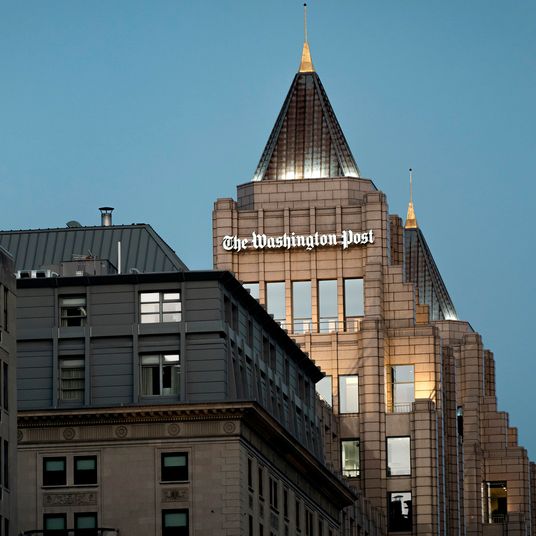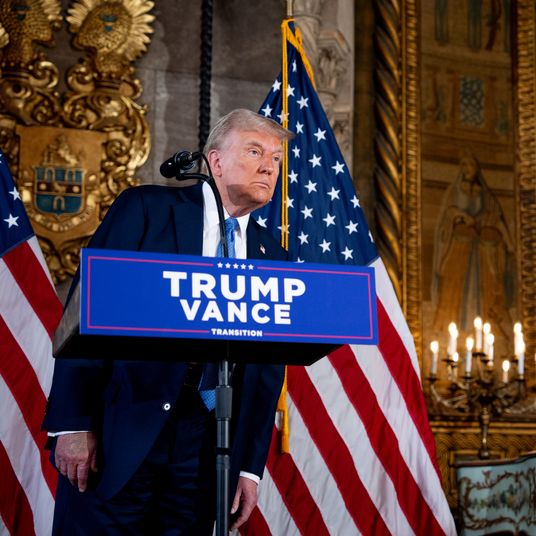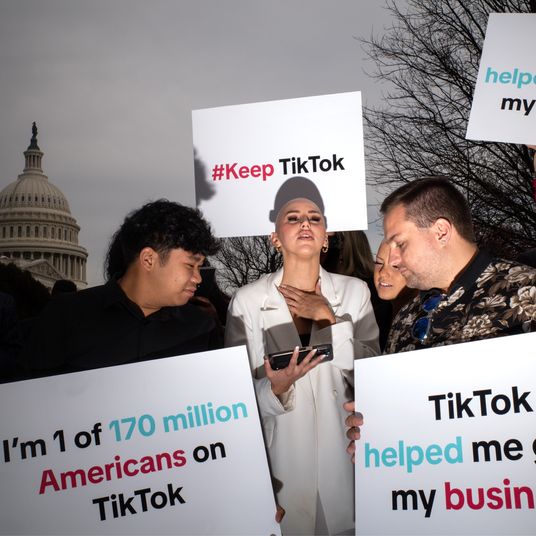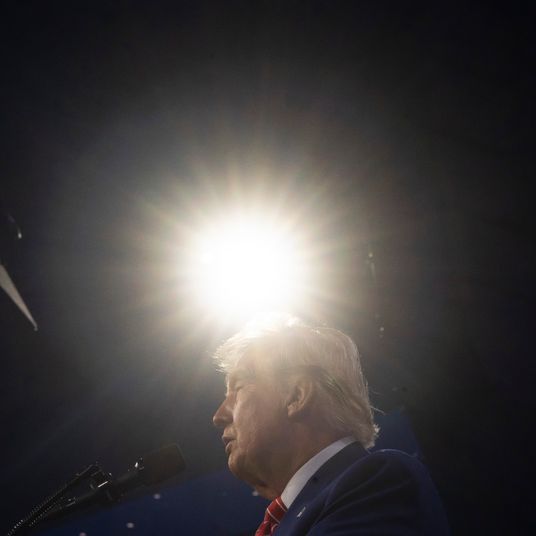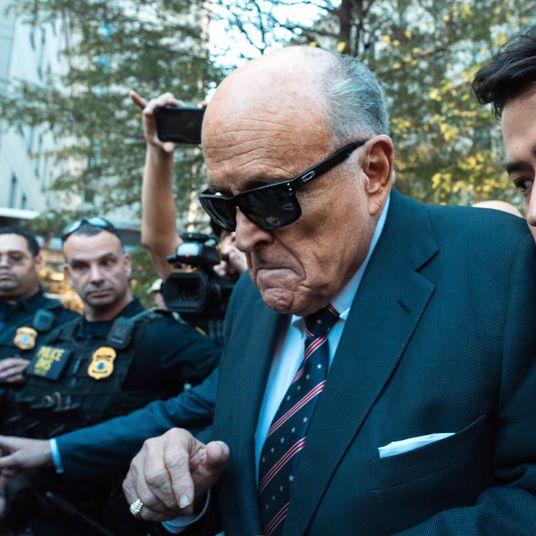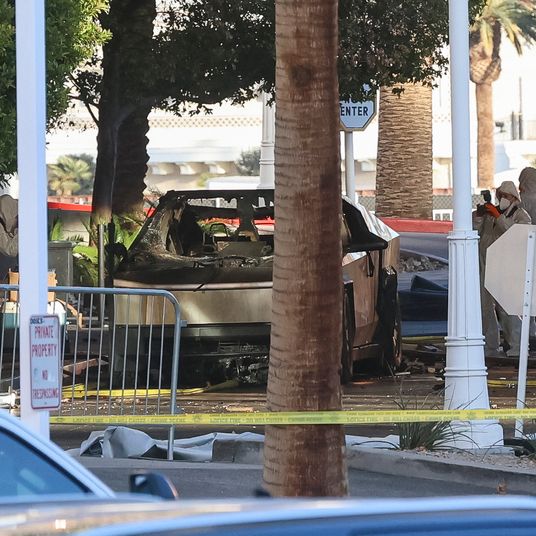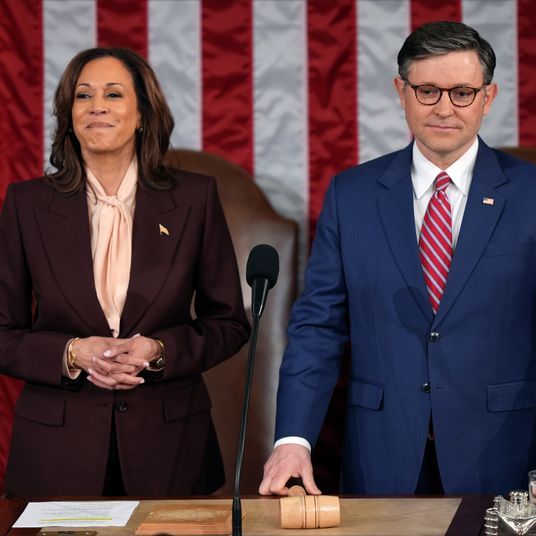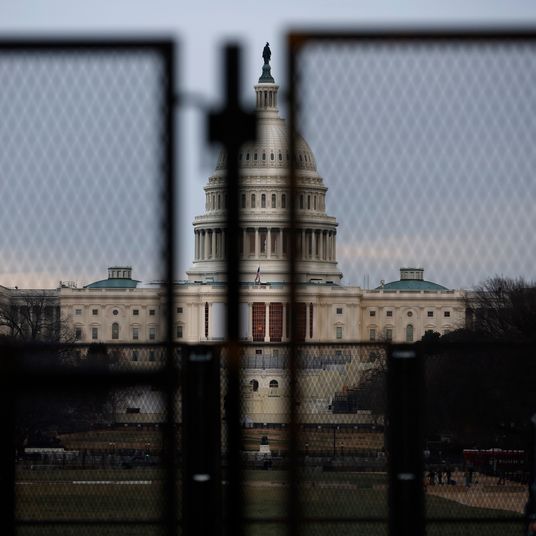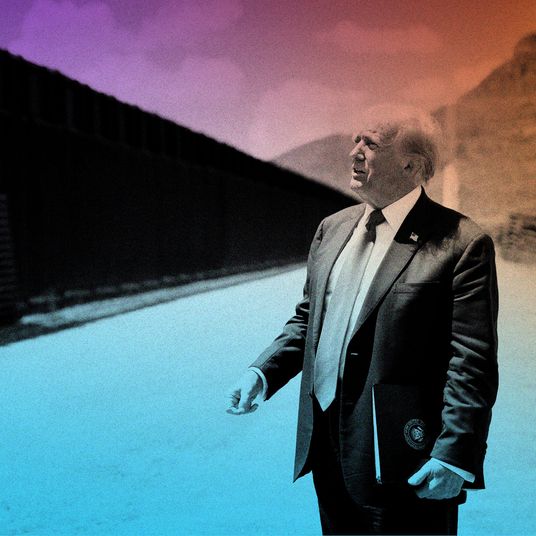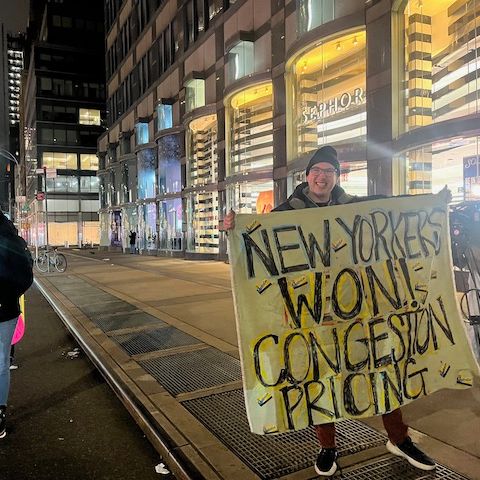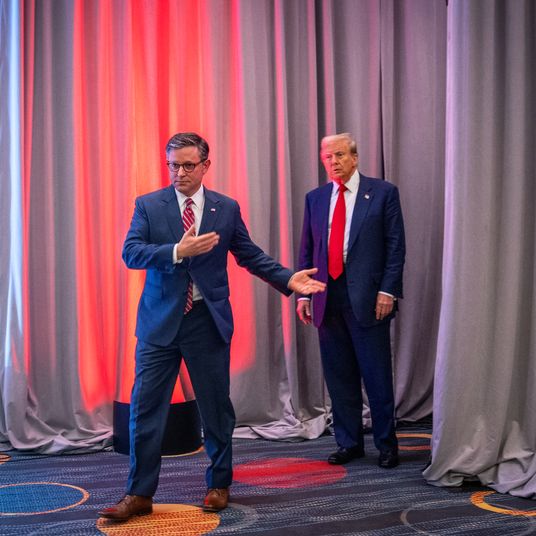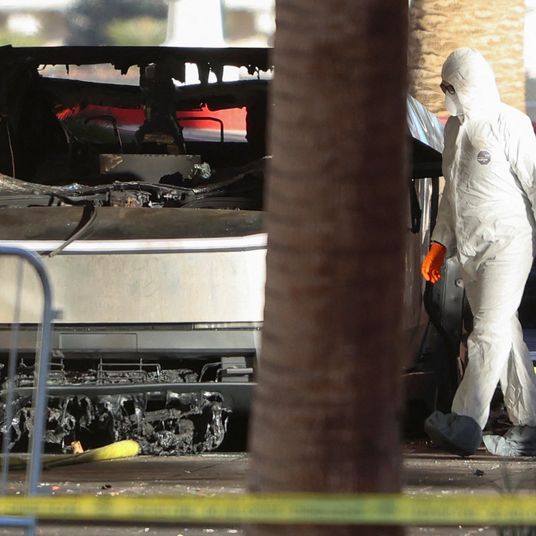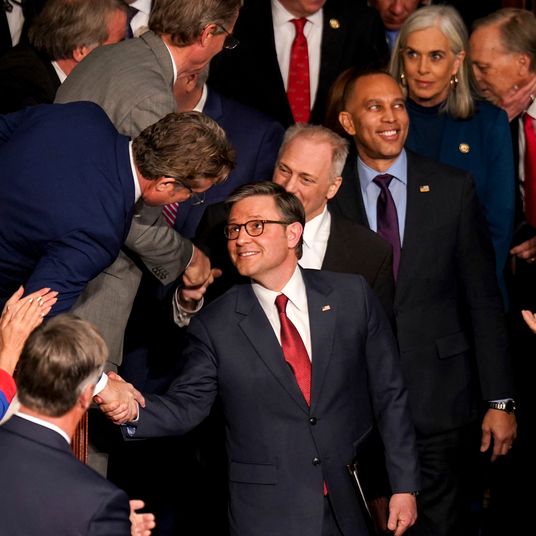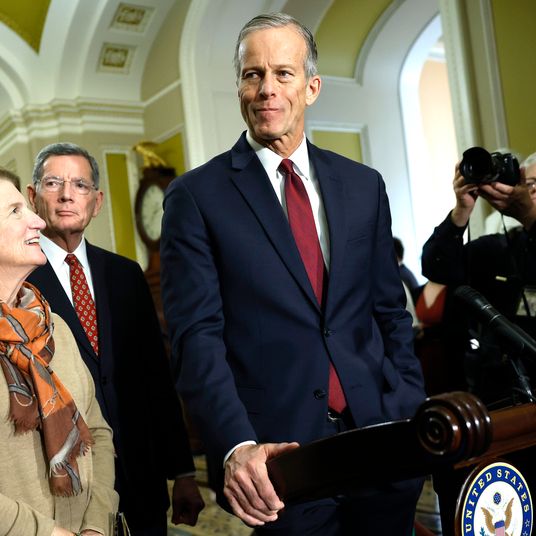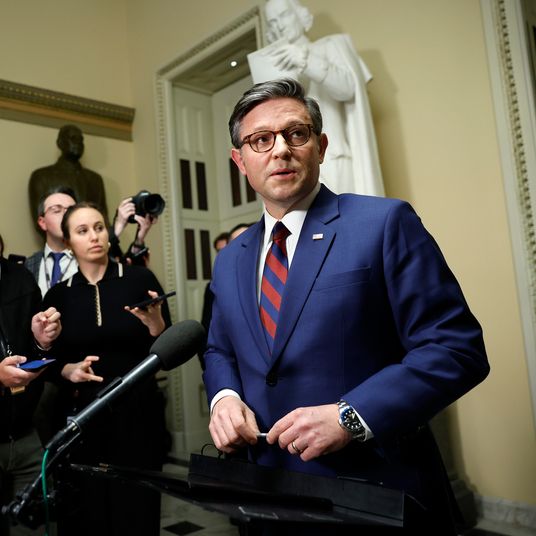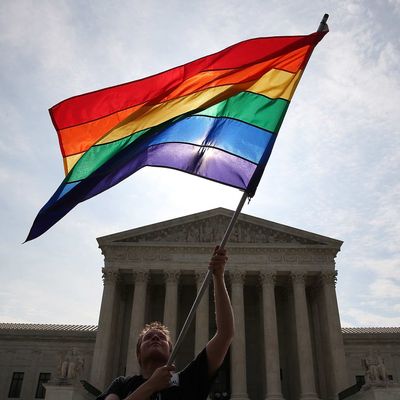
The Supreme Court ruled today that same-sex couples in all 50 states have a right to marry. Before the decision, a majority of the American public already believed that same-sex marriage was a right, and more than 70 percent of Americans lived in a place where same-sex marriage was legal.
The decision was 5-4, and Justice Anthony Kennedy wrote the majority opinion.
“The court now holds that same-sex couples may exercise the fundamental right to marry,” he wrote. “No longer may this liberty be denied to them.”
President Obama spoke at the White House soon after the decision was announced. “Today, we can say in no uncertain terms that we have made our union a little more perfect,” he said. “America is a place where you can write your destiny.”
Vice-president Joe Biden, whose televised comments on same-sex marriage encouraged the Obama administration to fast-forward its embrace of legalization, did not attend the White House remarks, as he was already heading to South Carolina for Reverend Clementa Pinckney’s funeral.
Each of the four dissenting judges wrote a separate dissent.
Chief Justice John Roberts began his dissent, “Petitioners make strong arguments rooted in social policy and considerations of fairness … But this Court is not a legislature. Whether same-sex marriage is a good idea should be of no concern to us.” He continued:
Many people will rejoice at this decision, and I begrudge none their celebration. But for those who believe in a government of laws, not of men, the majority’s approach is deeply disheartening. Supporters of same-sex marriage have achieved considerable success persuading their fellow citizens — through the democratic process — to adopt their view. That ends today. Five lawyers have closed the debate and enacted their own vision of marriage as a matter of constitutional law. Stealing this issue from the people will for many cast a cloud over same-sex marriage, making a dramatic social change that much more difficult to accept.
A few 2016 presidential candidates quickly reacted with tweets and statements that reiterated the opinions people already knew they had. Democratic candidates were jubilant. Some Republican candidates were noticeably silent after the decision. Those who did react — mostly candidates hoping to win over social-conservative primary voters — often mentioned religious freedom, and noted, as they had many times before, that this was an issue that should have been left for the states to decide.
Jeb Bush’s feelings on the decision were a tad too complicated for a single tweet, so he simply linked to a statement. He said that he believes in traditional marriage and that the states should have been able to decide this issue. Bush added, “In a country as diverse as ours, good people who have opposing views should be able to live side by side. It is now crucial that as a country we protect religious freedom and the right of conscience and also not discriminate.”
There were a flood of statements from other politicians too.
Plenty of other people on Twitter reacted to the decision. There were those who could only say, “Holy Crap.”
In New York City, supporters are gathering in front of the Stonewall Inn — which just became an official city landmark this week. The Stonewall riots happened 46 years ago, in June 1969.
Among those who opposed the decision, there were some who declared the Constitution dead, and there were some who called the Supreme Court “officially nuts.” One representative introduced the hashtag #JudicialHogwash.
Bryan Fischer, the social conservative former director of the American Family Association tweeted, “From a moral standpoint, 6/26 is now our 9/11.”
In the 13 states where same-sex marriage was not legal before today, governors began informing state and local officials of the policy changes that would be happening — and that all same-sex marriages now need to be recognized. Most of them were not happy about that.
And, of course, there were the brands.









